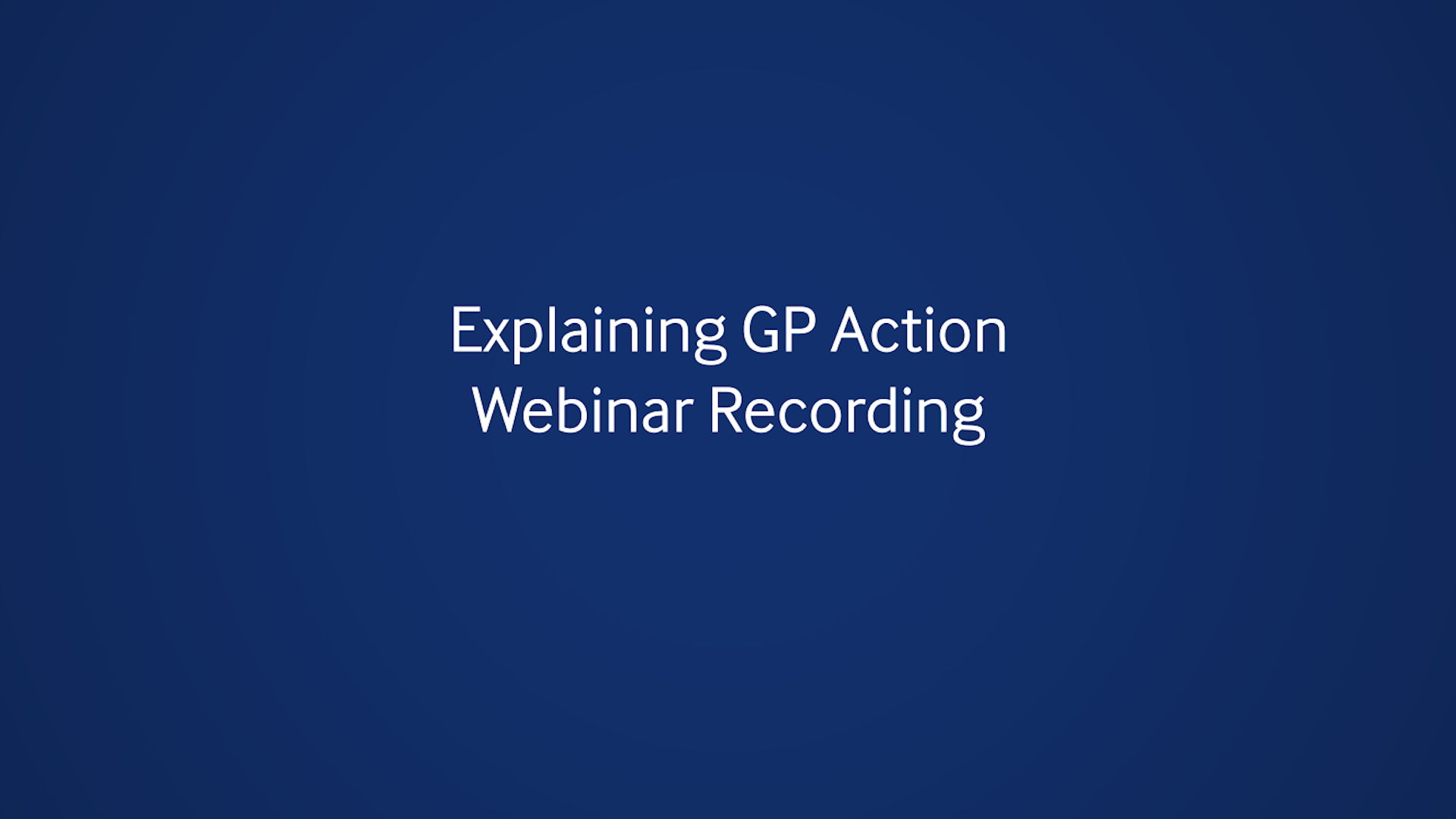- Real-terms funding has eroded: the average GP practice receives just around 31p per patient per day
- 2,000 practices lost and 1,200 fewer GPs: we have lost over 2,000 practices since September 2010 and nearly 1,200 FTE GPs since 2015.
- A rise in patients: as of December 2024, patient numbers soared to a record-high of 63.72 million increasing each GP’s patient list to an average of 2,260.
- Delivering more appointments: approximately 39 million standard (non-Covid-19 vaccination) appointments were delivered in general practice in October 2024, averaging 1.68 million per working day.
General practice is broken. We are delivering more appointments to more patients with fewer GPs and less funding. Taking action allows the profession to come together and protect safe and sustainable NHS GP services for patients.
The collective action is a lifestyle change. It is different to industrial action as services are not withdrawn and contracts are not breached. It is about taking legally permissible steps to control workload, ensure well-commissioned pathways and encourage the Government, DHSC and NHSE to negotiate a new contract for the profession in England. GPCE aims to secure the necessary investment to:
- prevent further practice closures
- provide newly qualified GPs with employment
- stabilise practices
- recruit more GPs and practice nurses to help the system work better.
This is a commissioning dispute - it is not directed at secondary care clinicians. We need your support.
How could GP collective action impact secondary care services?
GPCE recognise that actions taken by practices could impact those working in hospitals.
Potential impacts may include:
- Work redirected to emergency departments and other urgent care settings
- Congestion within elective and discharge pathways
- Higher referral rates, requiring additional triaging by secondary care doctors
- Additional administrative workload for consultants, if letter-based referrals replace proformas.
How can secondary care colleagues support GPs in this action?
GPs’ non-commissioned work:
GPs may decline to investigate or prescribe due to a lack of a locally commissioned or adequately resourced pathways. GPs do not want work to be unloaded on you without any allocated time or additional pay. You and your LNC can pressure the trust board and ICB to commission resources for general practices to do this work, in partnership with the LMC, or for the work to be resourced and included in jobs plans for secondary care colleagues to do.
Clear communication
Ensure clear and timely communication and share essential contact details with GPs after patient consultations.
Support in investigations
Refrain from asking general practice to organise investigations and specialist tests.
Med3s (fit notes)
Offer med3s (fit notes) to all working-age patients upon discharge as medically appropriate, in alignment with hospital contract obligations.
Follow up
Communicate any results and follow up care to the patient.
Referral and prescribing
Follow locally agreed prescribing principles on discharge and from outpatients. Arrange appropriate onward referral, if necessary.
Offer direct advice
If a GP requests advice, please offer this and if the patient’s needs would be best met by a referral, then please advise accordingly. Your trust is allocated resources for Advice & Guidance as if it were an outpatient appointment, but GPs do not get resources for using your advice to prevent outpatient appointments/escalation to secondary care. If you are not receiving job planned time for responding to GP requests for advice or guidance, you can raise this in job planning negotiations and with your LNC.
Inform the ICB and LMC
If pathways need to be reviewed to ensure sufficient outpatient capacity; GPs may be able to help.
We appreciate your support, particularly as we anticipate heightened demands during the winter season. Should you need further assistance, please contact your Local Negotiating Committee Chair or regional representative, who can coordinate with colleagues in general practice.
We want the medical profession united. We will not let ICB and trust management divide us.
Explaining GP action – watch this webinar
This webinar offers a detailed overview of the justifications for GP collective action; highlighting that general practice is broken and the importance of securing a new contract with adequate funding. It highlights how secondary care colleagues can support GPs in their campaign.

For the latest insights and detailed analysis on the challenges faced by general practice, visit our data hub.
Read our guidance to learn about the 9 actions GP partner/contractors are taking.
